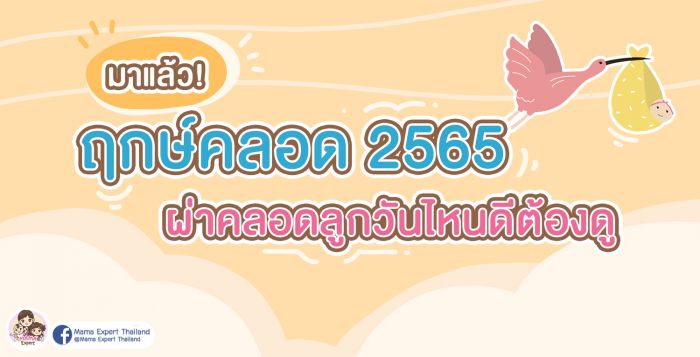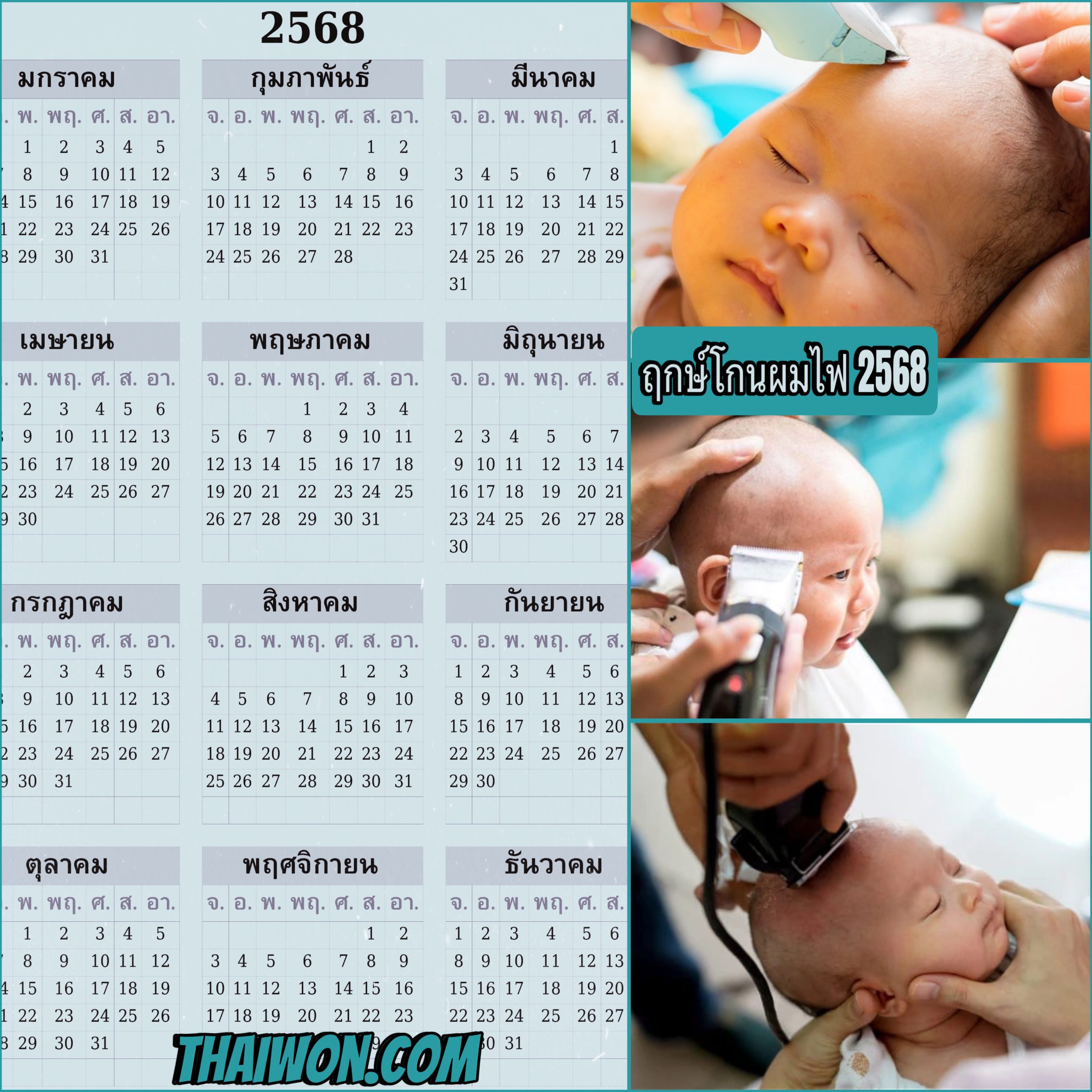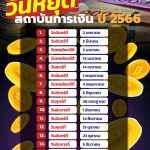
ฤกษ์ดี 2568: เปลี่ยนชีวิตของคุณให้ดีขึ้น
[ฤกษ์ดี 2568: เปลี่ยนชีวิตของคุณให้ดีขึ้น] Executive Su […]
[ฤกษ์ดี 2568: เปลี่ยนชีวิตของคุณให้ดีขึ้น]

Executive Summary

This article will explore the concept of auspicious timings, or ฤกษ์ดี (pronounced “ruek dee”), in the Thai Buddhist calendar for the year 2568. We will delve into the traditional beliefs surrounding these dates and how they are believed to influence various aspects of life, from business ventures to personal relationships. We will also examine the practicality of these beliefs and offer insights into how you can harness the power of auspicious timing to enhance your own life journey.

Introduction
In Thai culture, the belief in auspicious timing, or ฤกษ์ดี, plays a significant role in many aspects of daily life. From weddings and business openings to house moves and travel, Thai people often consult with astrologers and fortune tellers to determine the most favorable dates and times for important events. These auspicious dates are believed to bring good luck, prosperity, and happiness, while inauspicious dates are thought to invite misfortune. While many may view these beliefs as superstition, there’s a deep cultural and spiritual significance behind the practice of choosing ฤกษ์ดี. Understanding this cultural perspective can provide valuable insight into Thai society and help you navigate interactions with Thai individuals.
The Calendar and Its Significance
The Thai Buddhist calendar is based on the lunisolar system, meaning it incorporates both the lunar and solar cycles. Each month is determined by the phase of the moon, while the year is synchronized with the solar cycle. The calendar year starts in April, and each year is assigned a specific animal and element, which is believed to influence the overall energy of that year.
- Zodiac Animals: The Thai zodiac consists of 12 animals: Rat, Ox, Tiger, Rabbit, Dragon, Snake, Horse, Goat, Monkey, Rooster, Dog, and Pig. Each animal is associated with certain characteristics and influences. For example, the year of the Tiger is often associated with strength, courage, and ambition.
- Elements: The five elements in Thai astrology are: Earth, Water, Fire, Metal, and Wood. Each element is believed to interact with the others in a cyclical pattern, influencing the balance and harmony of the universe.
- Auspicious Days: Specific days of the week are considered more auspicious than others for different activities. For example, Monday is generally considered a good day for starting a business, while Tuesday is believed to be favorable for travel.
- Lunar Phases: The phase of the moon is also believed to have a significant impact on auspicious timing. For example, a full moon is considered a powerful time for celebrations and new beginnings, while a new moon is associated with introspection and reflection.
- Astrological Aspects: Astrologers consider the position of the planets and stars at specific times to determine auspicious and inauspicious timings. Certain planetary alignments are believed to enhance the positive energy of an event, while others are associated with challenges.
Rituals and Practices
The practice of choosing ฤกษ์ดี is often accompanied by various rituals and practices designed to appease spirits and ensure a smooth and successful event. These rituals can range from simple offerings of food and incense to elaborate ceremonies involving chanting and blessings.
- Blessings and Offerings: Before important events, people often seek blessings from monks, fortune tellers, or spirit mediums. Offerings of food, flowers, incense, and candles are also common practices to appease spirits and ensure their favor.
- Chanting and Prayers: Buddhist monks and spirit mediums may perform chanting ceremonies to bless the event and invoke positive energy. These prayers are believed to help clear negative energies and attract good fortune.
- Decorations and Symbols: Specific colors and decorations are associated with auspiciousness. For example, the color red is believed to bring good luck and prosperity, while the color yellow is associated with wisdom and knowledge.
- Ceremonies and Rituals: There are various traditional ceremonies and rituals associated with different life events, each with its own set of auspicious timings. For example, weddings are often held on specific days considered auspicious for marriage, while housewarming ceremonies have their own set of rituals to ensure harmony and prosperity in the new home.
The Pros and Cons of ฤกษ์ดี
While the belief in auspicious timing is deeply ingrained in Thai culture, it’s important to consider the potential pros and cons of relying solely on ฤกษ์ดี for decision-making.
Pros:
- Cultural and Spiritual Significance: ฤกษ์ดี offers a cultural and spiritual framework for understanding and celebrating important life events. It connects individuals with their ancestors and traditions, providing a sense of continuity and belonging.
- Positive Mindset: The practice of choosing auspicious timing can create a positive mindset and instill a sense of hope and optimism. This can lead to greater self-belief and confidence in achieving one’s goals.
- Community Building: The shared belief in ฤกษ์ดี fosters a sense of community and shared cultural identity. It strengthens relationships and promotes cooperation among individuals.
Cons:
- Superficiality: The practice of choosing ฤกษ์ดี can sometimes become overly focused on external factors, neglecting the importance of personal effort and responsibility.
- Dependence on Others: Relying solely on astrologers or fortune tellers to determine auspicious timing can lead to a sense of helplessness and a lack of personal agency.
- Potential for Manipulation: The belief in ฤกษ์ดี can be exploited by individuals who seek to profit from others’ anxieties and desires for good fortune.
Conclusion
The belief in ฤกษ์ดี is a complex and multifaceted aspect of Thai culture. While it may seem like a form of superstition to some, it’s deeply embedded in the cultural and spiritual fabric of Thai society. Choosing auspicious timings can offer a sense of purpose, hope, and cultural connection, but it’s important to approach it with a balanced perspective and not rely solely on external factors for success. Ultimately, the most auspicious timing is the one that aligns with your personal goals, values, and efforts.
Tags:
- ฤกษ์ดี
- Thai Culture
- Buddhist Calendar
- Auspicious Timing
- Astrology
- Thai Traditions
- Rituals
- Beliefs
- Superstition
ความสำเร็จ
ความสุข
ความเชื่อ
ดวงชะตา
ปีใหม่ไทย
พลังงานบวก
พิธีกรรม
มงคลชีวิต
ฤกษ์ดี 2568
วันสำคัญ
ศาสตร์โหราศาสตร์
เปลี่ยนชีวิต
เสริมดวง
โชคลาภ








